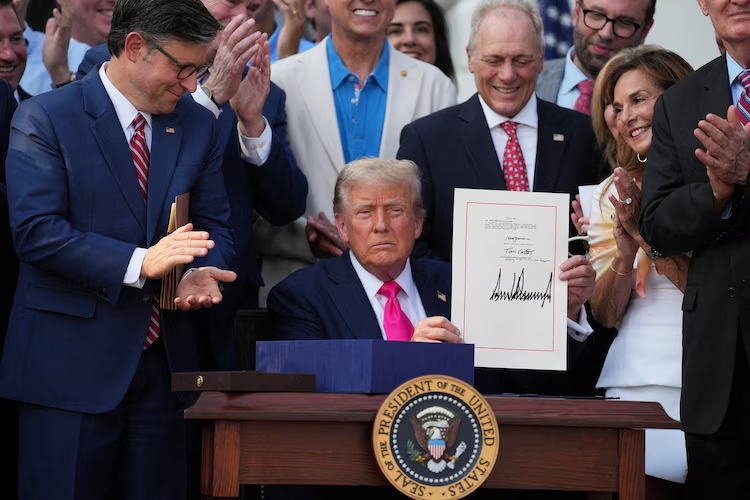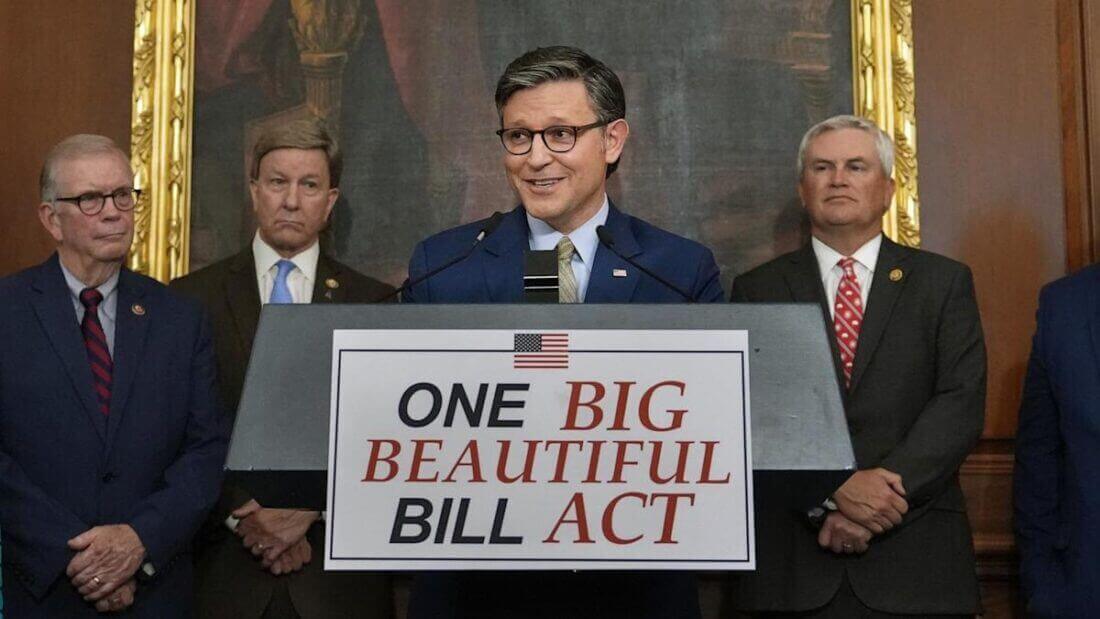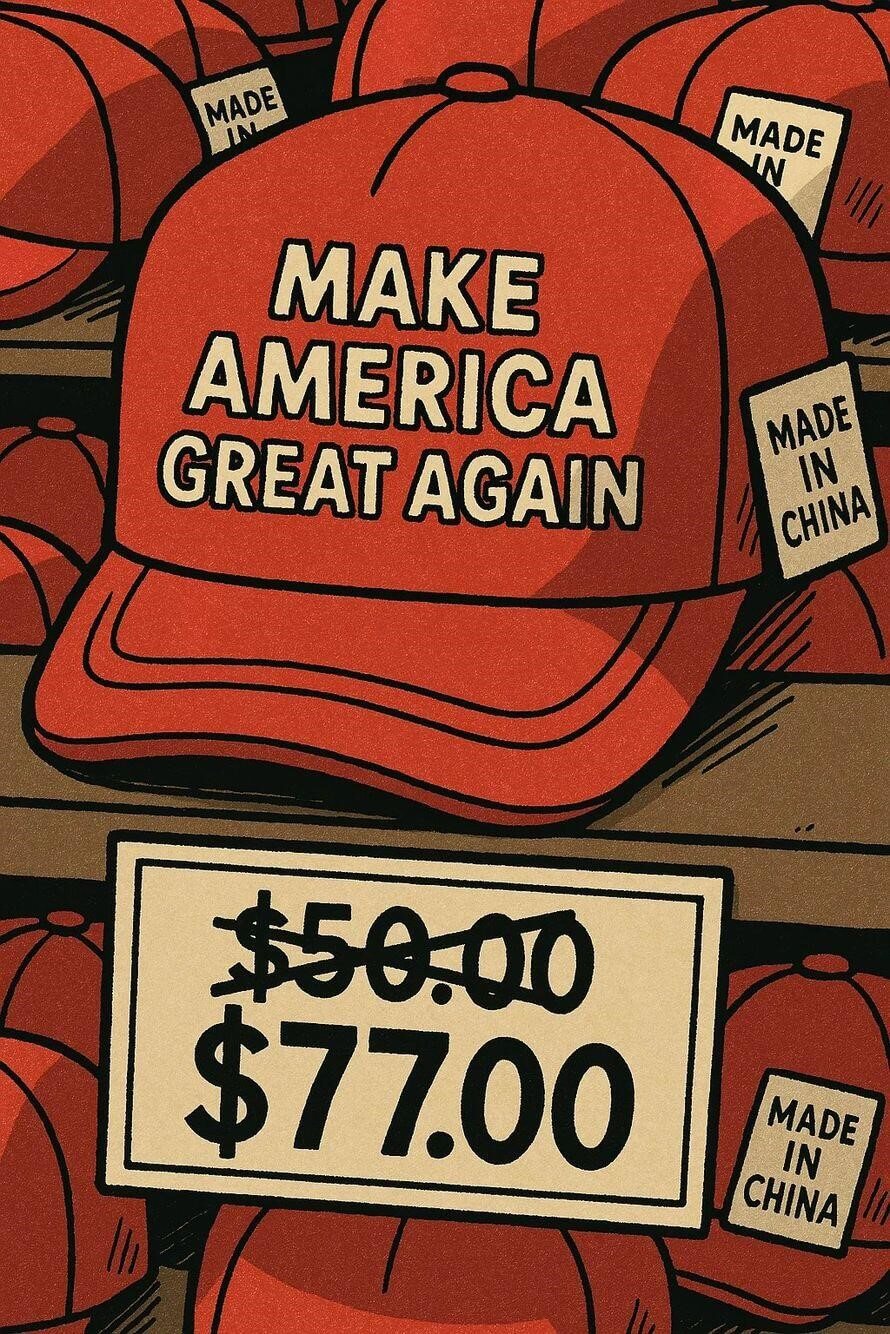July saw the ECB follow – once again – in the Fed’s footsteps, accepting a “transitory period in which inflation is moderately above target”. Put differently, and perhaps a little bluntly, both central banks seem to have now been highjacked by the governments. They effectively find themselves committed to maintaining rates near zero and the money printing machine running at full speed, such that politicians can spend at will without having to shoulder a mounting interest burden. Sadly, this also means that financial markets have lost their valuation compass. How else explain that a barbecue maker could be aiming to go public at 90x earnings?
Rising valuations are perhaps most tangible in real estate markets where investors, looking for some return (via rent), are gradually crowding out “ordinary” families in search of a home. In some market segments, houses are being acquired on the very day they are put up for sale, often without the buyer even visiting the premises. Indeed, from an investment standpoint, paying up for a property makes sense so long as the rental yield exceeds that of risk-free government bonds – which, unlike real assets, also offer no protection against inflation.
But we should not be blind to the social consequences of higher house prices and rental costs. Alongside other consumer price index components, they translate into a loss of purchasing power. The mathematics are ruthless: with inflation already at 5.4% in the US, savings lose that same percentage in purchasing power on an annual basis, 30% if compounded over five years. In Europe, inflation stands at a lower 2.2%, in part precisely because the cost of housing bears a lower weight in the consumer basket.
Yet politicians, particularly of the younger generation, seem little fazed by this ongoing erosion of purchasing power. Their bucket list of spending programs is almost endless, including of course the very necessary energy transition investments. Relying on the money printing press to finance these expenditures is certainly easier (and politically more interesting) than raising taxes. The fact that public debt might reach unsustainable levels is no immediate concern. Until reality catches up, as was recently the case in Lebanon, leading to sharp currency depreciation, blocked bank accounts and a spate of bankruptcies.
Talking of social considerations, these were precisely what the Chinese government put forward in deciding – almost overnight – to drastically alter the regulatory framework for private (online) tuition companies (a USD 100 billion industry in that country). Indeed, on grounds of “common prosperity”, policymakers decided that these companies are to become non-profit, and that IPOs and foreign capital will no longer be allowed. However understandable the motives (excessive tutoring does cause undue stress to children and also places a huge financial burden on their parents), this latest development shows how, in just one stroke of the government pen, billions of shareholder value can be wiped out. A foretaste of what could happen to “big tech” companies if Western authorities start to consider them overly powerful?
In this context of very influential governments and steadily money-printing central banks, safeguarding the purchasing power of savings is no easy task. Maximum diversification remains our guiding principle, alongside a continued focus on valuation. However popular barbecuing has become in this “stay-at-home” Covid world, paying 90x earnings for a barbecue producer does seem rather excessive to us.









